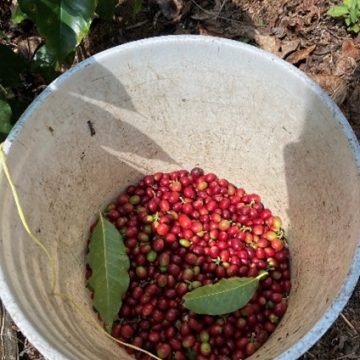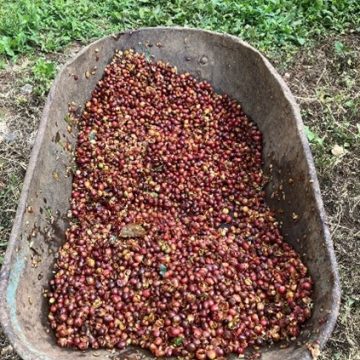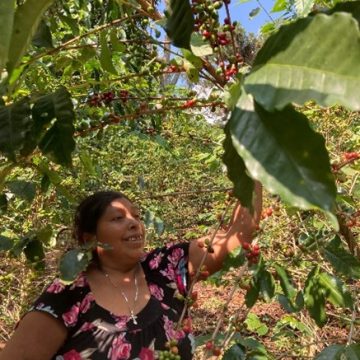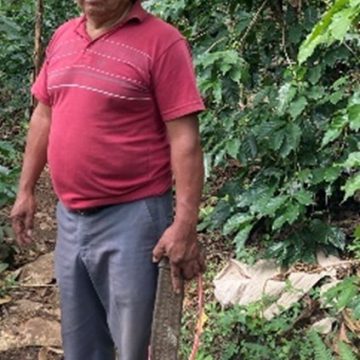The Biodiversity Finance Initiative (BIOFIN) of the United Nations Development Programme (UNDP) has the objective of increasing and improving the efficiency of resource allocation for the conservation and sustainable use of biodiversity, mobilising funding from different sources. Currently, the initiative has a financing solution plan that encompasses the private and public sectors at the federal and state levels, the financial sector, and the interaction between biodiversity and climate change.
For the private and social sectors, BIOFIN has developed the Bioeconomy Strategy, a financing solution for biodiversity conservation that promotes productive projects that depend on, and positively impact biodiversity. These business models are mainly found in the agricultural, forestry, fishing, and tourism sectors, and have at the core of their development the communities that safeguard natural capital. Thus, this strategy is aligned with the 2030 Agenda for Sustainable Development and is linked to the institution’s comprehensive solutions.
To meet the demand for specialised financing, the strategy has created the Bioeconomy Acceleration Fund (FAB), together with the Nuup Platform. This platform finances and develops business capacities allowing them to save resources in their internal processes, improve their volume of operation and access or consolidate themselves in high value-added markets.
In 2020, the FAB invited thirteen companies to participate in a call for the promotion of financing solutions at the local level. Among those selected was CAFECOL A.C., an organization that promotes diversified shade-grown coffee produced under agroecological practices as a complementary strategy to conserve cloud forests in Mexico, focusing its activities on the state of Veracruz.
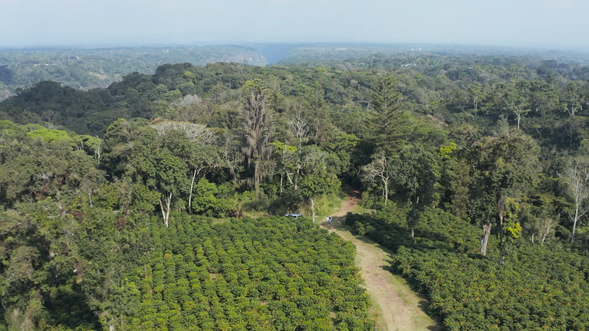
CAFECOL originated in the National Institute of Ecology A.C. (INECOL) as a spinoff that emerged from a research-action project on the evaluation of biodiversity and environmental services of Mexican coffee plantations. CAFECOL emerged as a civil association that, through its value chain programme and its OIKOS Integral Quality® certification, based on quality, traceability, and transparency, promoted for more than 10 years the capitalisation of the productive sector through good cultivation, harvesting, and post-harvest practices, in order to access high-value national and international markets.
CAFECOL has identified high-value market niches for coffee producers in Europe, Canada, Japan and an important network of national coffee roasters in tune with sustainability, quality, and fair payment to producers. However, one of the main problems of the model, undertaken from the capacities of a civil organisation, is the producers’ limited financial capacities to stockpile or maintain inventories to take advantage of high-value markets. On the contrary, the extensive financial capacities in the conventional market of buyers or intermediaries, mainly for the purchase of non-value-added coffee fruits, represent an easy solution for producers, even though the prices and benefits are very limited.
With the support of BIOFIN, CAFECOL worked to consolidate its value chain programme, which proved to be a financially sustainable social impact undertaking, heading towards a new initiative within the field of social economy. This has been promoted with the Café Cooperativo project, established more than ten years ago with around 180 collaborating producers; it lays the financial and governance bases for the growth and inclusion of producers who are willing to join the new cooperative company.
The Bioeconomy Acceleration Fund and Cafecol, through Café Cooperativo, have created a revolving stock seed fund that will finance the producers’ harvests before the season, generating confidence and increasing participation. The fund will ensure that sustainable practices are competitive in the market. In addition, the revolving and co-responsibility element of the fund will allow its sustainability over time and will increase as new producers who recognise the socioeconomic and environmental benefits of being a member, join the programme.
This is the case of Jorge Müller, a producer from Totutla, Veracruz who produces shade-grown coffee under an agroecological approach that fosters forest conservation, but who requires concessional financing to harvest, ferment and dry the coffee for added value.
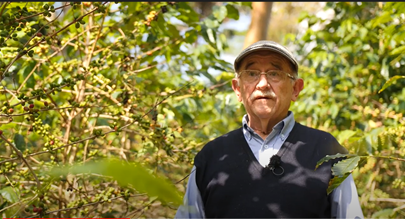
In Ixhuatlán del Café, also in Veracruz, Roberto and his family have been harvesting shade-grown coffee for decades. Recently, they joined Cafecol’s small coffee growers programme, allowing them to harvest high-quality coffee. In their community, they have become pioneers in the development of agroecological practices, since then, other members have joined.
Cafecol, with its technical capabilities, receives coffee samples from producers at different stages of processing and analyses them in the laboratory of the Biomimic Scientific and Technological Cluster, at the Institute of Ecology in Xalapa. It thus advises and issues recommendations to enhance the production processes and guides producers in the improvement of crop and post-harvest management.
As a central feature of their model, the BIOFIN Initiative includes in the FAB, projects that can prove the intentional impacts on biodiversity. For this collaboration, Cafecol has conducted a plant structure sampling for the shade-grown coffee plots.
Another producer who works with Cafecol is Josias Oltehua and his family, who live in Nuevo Progreso, a community in the Zongolica mountains. Since joining the programme, they have managed to increase the quality of their production and access high value-added markets such as specialised roasters and specialty restaurants in Mexico City.
Check out the video: Fair Opportunities for Small Farmers in Mexico | Global Ideas
This is how the FAB is supporting the acceleration of bioeconomy companies and ventures, fast becoming a key instrument to cover the gap that exists in the market to finance these types of projects. Currently, the FAB is undergoing a redesign stage, restructuring to include co-investments and co-financing from all types of sources.
To learn more about the FAB and its criteria and examples, you can visit: https://nuup.co/fab/


